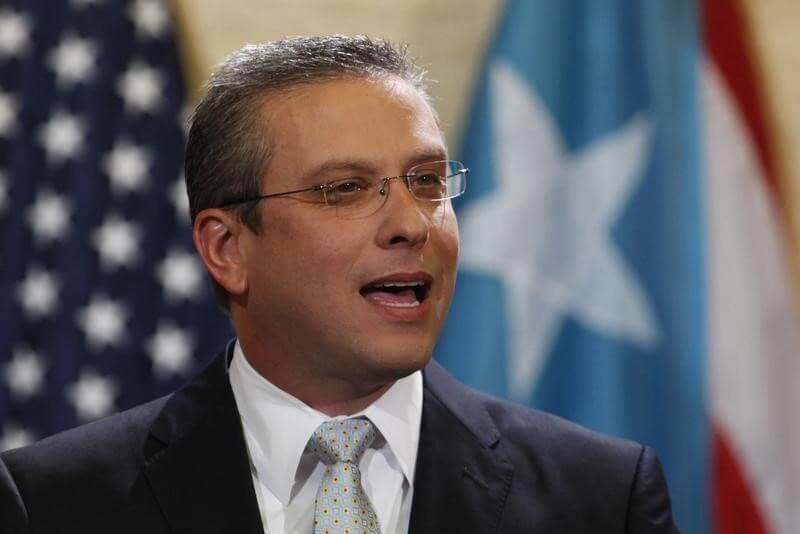(Reuters) – Puerto Rico announced on Tuesday night a long awaited overhaul of its tax system as it struggles to revive a moribund economy and stabilize the finances of the indebted U.S. commonwealth. Governor Alejandro Garcia Padilla promised “a new tax system” in Puerto Rico, a Caribbean island of 3.6 million that is struggling with debt of over $70 billion. The plan emphasizes taxing consumption in a bid to boost collections. The current sales and use tax will be replaced with a value-added tax, and income taxes for individuals and businesses will be cut. Lawmakers and administration officials have said reforms could increase revenue by $1 billion to $1.5 billion annually. Puerto Rico has long had an issue with poor collection rates and Tuesday’s reforms are aimed at reversing that.
“The tax system that we have penalizes work and productivity while rewarding evasion,” the governor said. Only 12,000 people in Puerto Rico report income above $150,000 a year, he said. Under the new system, no taxpayer would pay more than an effective tax rate above 21 percent, while under the current system that rate can rise to 38 percent, Padilla said. Corporate tax rates will be cut by 25 percent. Island residents earning up to $40,000 a year and married couples earning up to $80,000 per year would pay no income tax. Padilla said that would exempt 850,000 people from paying income tax. The new VAT would not apply to unprepared foods and prescription medicines “The legislation I will be filing is not a reform but a completely new tax system,” the governor said. “This April, the majority of taxpayers will be filing taxes for the last time.” The governor did not say how much the VAT would be, but local news reports and the consultant reports on which the reform is based, suggest it will be 16 percent. The current sales and use tax is 7 percent. Residents earning less than $35,000 a year would receive reimbursement checks three times annually for the higher VAT rate, while those earning under $20,000 would be completely reimbursed.
The reforms were based on a $4.7 million report by KPMG. The KPMG plan would have hiked revenue by $2.5 billion with VAT applied to prescription medicines and unprepared foods which will be exempted under the governor’s plan. (Reporting by a contributor in San Juan; Writing by Edward Krudy; Editing by Chris Reese, Bernard Orr)
Puerto Rico focuses on consumption in tax overhaul

Reuters


























